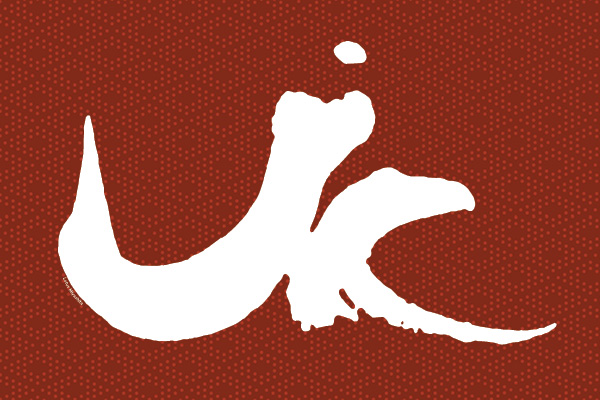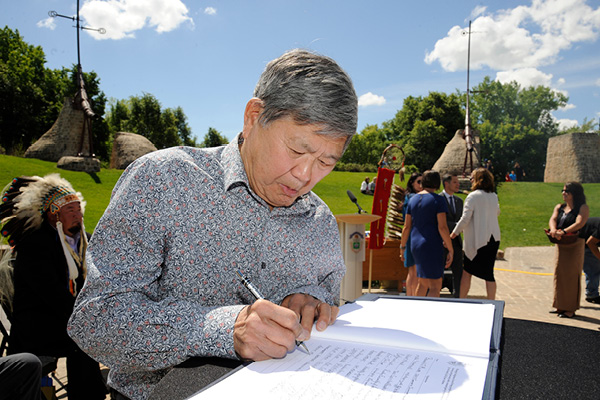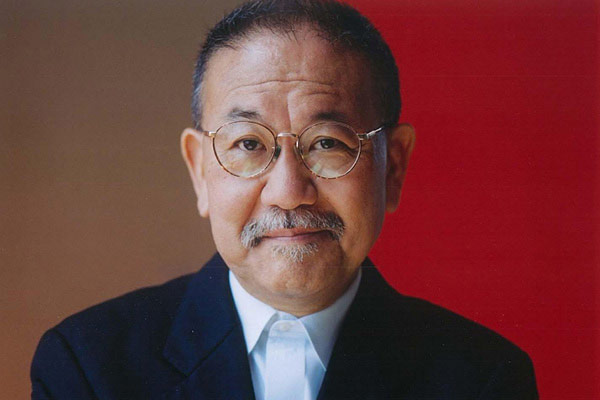Wednesday, November 16, 2011

The University of British Columbia Senate voted tonight to honour students and Canadians affected by a dark period in Canada’s history, and will be awarding them special degrees next spring as part of a three-pronged program to mark the 70th anniversary of the internment policy. “The University has taken seriously the need to find meaningful ways to provide solemn recognition of historical events,” says Sally Thorne, professor of Nursing and Chair of the UBC Senate Tributes Committee, which established a working group on the matter. “To acknowledge the 70th anniversary of the provincial internment policy in the spring of 2012, we want to pay tribute to UBC students and others impacted during this time, and also take steps to help future students learn from the past,” said Thorne. The UBC Senate Tributes Committee’s working group has been reviewing the issue since the fall of 2010, consulting with members of UBC and Lower Mainland communities in order to ensure UBC’s recognition is thoughtful and enduring. The Senate voted on three measures: to award special degrees to the estimated 76 UBC students whose studies were disrupted by internment; to develop initiatives to educate future UBC students about this dark episode in its history; and to have the UBC Library preserve and bring to life the historical record in its possession. “We have heard from members of the Japanese Canadian communities through letters and discussions,” says Thorne. “The University is deeply grateful for the feedback we have received, and we hope that our tribute will consolidate the strong relationship between UBC and the Japanese Canadian community.”
More to come on this story . . .
Previous Story
by Norm Ibuki, September 2011
The story of the Nisei who were “expelled” from the University of British Columbia in 1941-42 has struck a strong chord with our Nikkei community.
Thanks largely to the efforts of a former educator, retired B.C. high school teacher Mary Keiko Kitagawa, there is now a Canada-wide effort to right this 70-year-old wrong.
On the surface, anyway, resolving this issue seems simple. The committee at UBC that is studying this should recommend that honorary degrees be given to the few Nisei survivors and the families of former students, just as some American universities have done. Even if UBC did not legally forbid those Nisei from attending school, the circumstances clearly forced them to leave.
 Every educator in 2011 Canada knows that our schools are supposed to exemplify the ideals of fairness, equality and respect for all people, regardless of race, creed or religion.
Every educator in 2011 Canada knows that our schools are supposed to exemplify the ideals of fairness, equality and respect for all people, regardless of race, creed or religion.
Back in 1941-42, racial profiling made all 21,000 of us JCs potential ‘terrorists.”
Canadians like Mits Sumiya, 88, and Tom Nishio, 90 (both of Toronto, were among those labeled “Enemy Aliens”; we were rounded up, many put into barns and stables at Hastings Park before being shipped off to interior B.C. prison camps to endure a frigid winter in uninsulated shacks. Except for a brave few, there was little resistance to the government’s heinous act.
In the 2011 classroom, it’s confounding that an institution of ‘higher learner’ would resist the opportunity to educate Canadians about this sad chapter of our collective history. If the federal government apologized for its treatment of Japanese Canadians during World War Two in 1988, then why can’t UBC offer some kind of “sorry” as a way to reconcile with those Nisei? Surely, this would be a noble way for UBC to offer some closure for these now elderly former students who went on to contribute so much to society.
Recently, I’ve read many letters about this issue.
Jim Wong-Chu wrote to the Vancouver Sun (Aug. 27th) that he learned that honorary degrees are given to individuals from every walk of life – pop musicians, professional athletes, business people and patrons with generous pocketbooks.
The ‘vision’ of the University of British Columbia, Wong-Chu continues, “is reflected in the individuals who receive honorary degrees from the University. In selecting candidates, the University makes a public declaration of its values… Honorary degrees are not normally awarded to those… whose contributions may be considered to be no longer of current interest or at previous levels of significance. In approving candidates for honorary degrees, the Senates strive for diversity of backgrounds, disciplines, and spheres of contribution. A nomination that may possibly be controversial will need to answer the question: Is UBC willing to deal with any and all possible consequences?
“If the university is so unwilling to deal with the ‘controversial’ and ‘possible consequences’ of conferring a few degrees to a minority of individuals who suffered a lifetime of loss opportunity,” he concludes, “then perhaps it is time to re-evaluate this institution’s place of honour in our community.”
Vancouver filmmaker and artist, Linda Ohama, wrote: “My father, George Ohama, was a student at UBC during this time. He was also in the Officers Training Corp before having to resign because of ethnicity. My father sadly, never returned to university life as was his dream, but had to remain with his family and farm from 1942.
“He passed away several years ago,” she writes from Onomichi, “but I know that he always regretted the loss of his university education. He was the first and only one of his siblings to go to university… and he biked in from New Westminster for his classes…. that is how much he valued being able to attend UBC.”
No ‘Japs’ wanted on UBC Campus
In an August 27th article in the Vancouver Sun article by Gerry Bellett, Toronto’s Mits Sumiya, 88, remembers being an 18-year-old engineering student and proud member of the UBC’ s Canadian Officer Training Corps (OTC).
“I was a typical Canadian kid. I went to university, joined the OTC, took the oath of allegiance to the Crown and was a British subject,” Sumiya said. That was Saturday. On Sunday, Pearl Harbor was bombed by the Japanese.
By Monday, “(Professor Gordon) Shrum had struck us off the [OTC] list. He said he didn’t want to see any ‘Japs’ on campus. He knew bloody well we were born Canadians,” said Sumiya of himself and five other ethnic Japanese OTC members who were told to turn in their uniforms the day after the Pearl Harbor attack.
Sumiya and 75 other ethnic Japanese UBC students would be swept up in the anti-Japanese hysteria that followed the declaration of war on Japan and denied the chance to complete their UBC studies. He refused to go to a work camp and, subsequently was sent to a POW camp for Japanese Canadians “gambariya” in Angler, Ontario until 1946, when he was released.
Tom Nishio, 90, says that the rugby players at UBC treated him with the utmost respect but that “the university was caught up in the general anti-Japanese hysteria and went along with the government’s actions.”
Support this cause
Speak up. Send UBC your letters and emails.
(Teachers: why not design a lesson around this. Get your students to write UBC letters to express their opinion about this issue.)
The core message is that those who suffered and lost so much because they are of Japanese descent deserve this act of reconciliation as a symbol of the values that UBC stands for today and that what happened 70 years ago will never happen ever again.
Please send email to UBC President and Vice Chancellor, Stephen J. Toope, at:
Or, letters to:
Office of the President
The University of British Columbia
6328 Memorial Road
Vancouver, BC Canada V6T 1Z2
Photo: from the 1940 Totem, courtesy of the UBC Alma Mater Society



